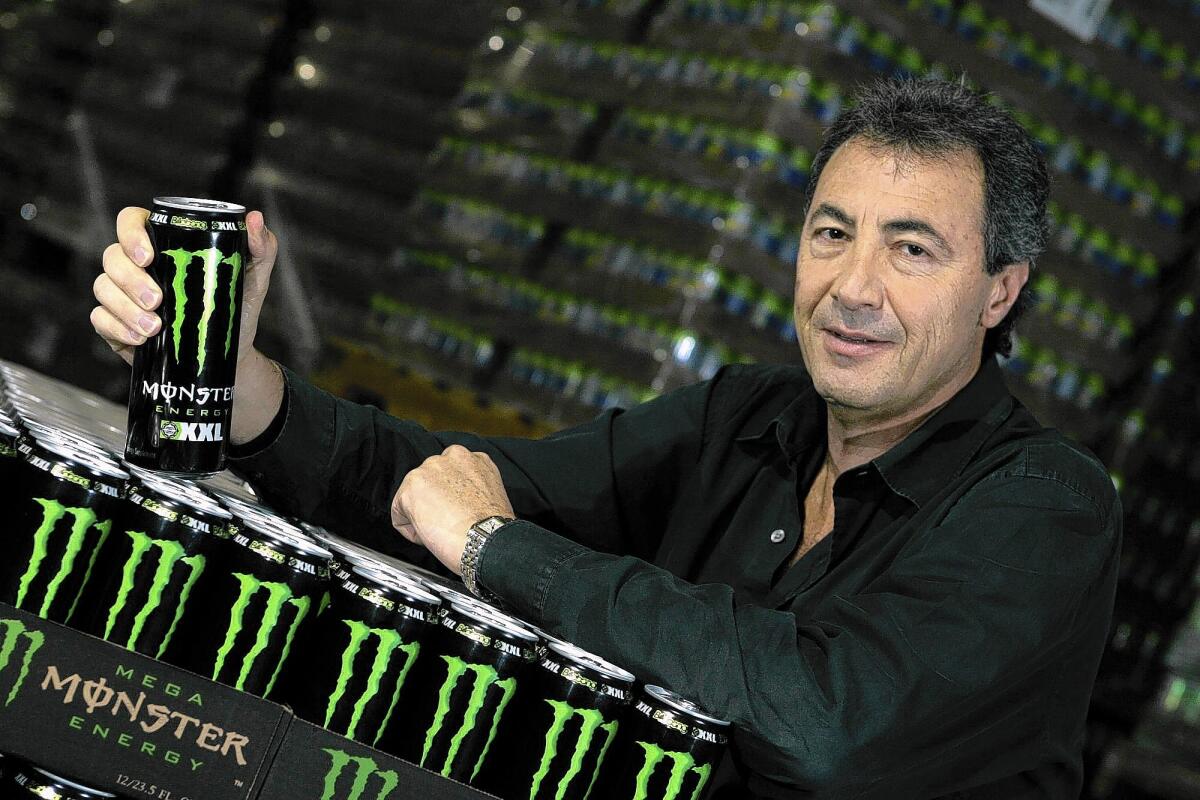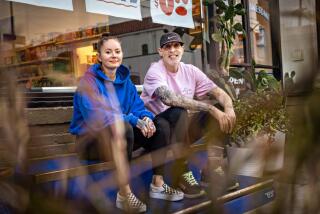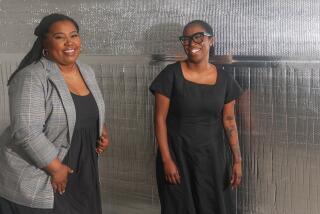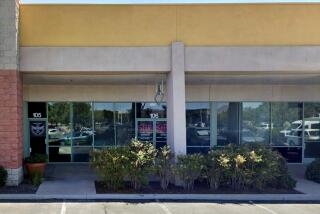A thirst for energy drinks is juicing Monster Beverage’s sales

Back in mid-1930s Los Angeles, Hubert Hansen probably never envisioned that his fresh juice business would turn into a monster.
Monster Beverage Corp. of Corona has become a giant in the energy drink industry and may be on track to overtake its primary rival, Red Bull, produced by a privately held Austrian company of the same name. At least one analyst says Monster already has the top spot.
“Our products are well received and sales continue to improve,” Monster Chief Executive Rodney Cyril Sacks told shareholders at the company’s annual meeting this month. Company executives declined to be interviewed for this story.
Monster’s trajectory has continued despite an ongoing debate over the safety of energy drinks.
The company produces more than 40 Monster beverages, many with names designed to evoke their professed ability to provide a burst of liquid-fueled power. A few examples: Ripper, Mad Dog, Hammer and Extra Strength Nitrous.
There are two sides of the business. The Monster side sells products primarily through an exclusive distributor network. A much smaller part of the business hangs on to a bit of Hubert’s legacy, selling juice-based drinks and carbonated soft drinks directly to retailers.
Monster Energy drinks are the company’s driving force, however, usually accounting for about 95% of sales.
The company has been through many changes over a history that dates to 1935.
Hubert Hansen’s original business became Hansen’s Juices Inc. and later changed its name to the Fresh Juice Co. of California Inc. In 1977, grandson Tim formed Hansen Foods Inc., introducing Hansen’s Natural Sodas.
In 1990, California CoPackers Corp. of Brea acquired the right to market the Hansen brand.
In 1992, Unipac Corp. bought the Hansen “original natural” sodas brand from California CoPackers. Later that year, Unipac changed its name to Hansen Natural Corp. In 2012, the name was changed to Monster Beverage Corp.
The latest
Wells Fargo analyst Bonnie Herzog said in a recent note to clients that Monster might be an attractive takeover target for beverage giants such as Coca-Cola or Anheuser-Busch, if its legal issues are successfully managed.
The company is fighting with the Beastie Boys over how much it owes them for what it calls a “good faith mistake” over its use of a compilation of the group’s music for an Internet video.
In the first quarter, Monster Beverage reported net sales of $536.1 million, up from $484.2 million a year earlier. Net income for the quarter jumped to $95.3 million, up from $63.5 million in the year-earlier quarter.
Accomplishments
Monster Beverage runs a close second to Red Bull in the energy drink race, as measured by worldwide sales, according to Caffeine Informer.
Monster Energy drinks are sold in 114 countries and territories on six continents.
Challenges
The safety of energy drinks continues to be questioned.
Last week, the Center for Science in the Public Interest said it had obtained federal data that pegged the number of deaths it said were attributable to caffeinated energy drinks to 34.
The group wants a reduction in caffeine levels and mandatory labels on the drinks “notifying consumers of the risk of heart attack, convulsion and other adverse reaction to energy drinks.”
Late last year, Monster Beverage’s lawsuit challenging San Francisco City Atty. Dennis Herrera’s attempt to regulate the caffeine content of the company’s products and change its marketing was thrown out of federal court.
Monster Beverage also has been hit with lawsuits alleging that the company’s drinks resulted in the deaths of some consumers. Monster says such lawsuits are without merit.
Sacks, the CEO, said in the company’s latest earnings report: “We reiterate our products are safe, are properly labeled, and the caffeine contents of a Monster at approximately 10 milligrams per ounce is less than 1/2 the milligrams per ounce of the caffeine levels contained in Starbucks and other coffeehouse brewed coffee.”
Analyst views
Of 15 analysts that regularly follow the company, six rate it a strong buy and seven consider it a buy. One recommends holding the stock and one rates it as underperform.
Herzog, the analyst, said Monster sales were driving the energy drink segment so far in 2014, grabbing a 42% share.
Twitter: @RonWLATimes







